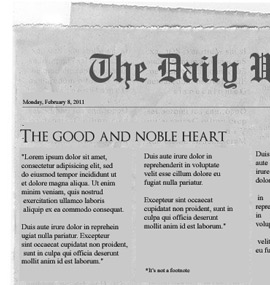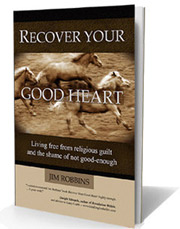What am I here to disrupt?
 Thursday, May 12, 2011 at 12:12PM
Thursday, May 12, 2011 at 12:12PM  Do you consider yourself a disruptive person? Do you even consider being disruptive a good thing?
Do you consider yourself a disruptive person? Do you even consider being disruptive a good thing?
...Not obnoxious, not pursuing an agenda at all costs, not combative; yet stirring, compelling. Not acting out of a wound, but acting in order to heal.
Here's the point: If you're going to make a sustainable difference, your presence in some way may well be disquieting to others. It may come through the choices you make that break pattern with the unquestioned status quo. It may come through the questions you ask that challenge current embedded assumptions.
But sooner or later, because your presence is disruptive, someone will notice and find a deeper and truer life because you stirred something in them. The clothes in the laundry will only come clean if the agitator in the washing machine is working.
You can use the following question to help you focus your disruptive mission:
"How can I disrupt the ______________________ [in the arena I hope to influence, or kind of people I'm most capable of reaching?]"
As a writer answering that question, I ask:
"How can I disrupt the damaging assumptions Christians have about their identity?"
And, as a professional musician/artist, I ask: "How can I disrupt the Church's endorsement of mediocrity so that we can offer the world something more remarkable, reflecting the creative brilliance of Jesus himself?"
How would you answer the question?
*The disruptive question originates with Jesus, but can be found in a book called, Disrupt, by Luke Williams.































